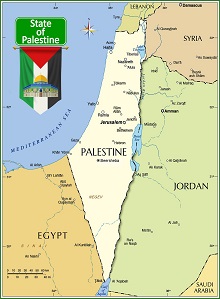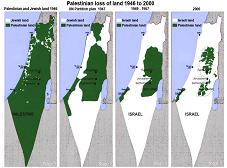 Xi Jinping arrives in Saudi Arabia - China aims to control entry into the Persian Gulf
Xi Jinping arrives in Saudi Arabia - China aims to control entry into the Persian Gulf
Объясняет Readovka | The Chinese leader plans to discuss both economic and military cooperation with the Saudis. The Middle Eastern countries are very important trading partners for China - they account for half of its oil imports. ● The key route for Middle Eastern oil products to China is by sea through the Strait of Hormuz. Xi Jinping seems concerned about protecting it. Recently joint military exercises of China, Russia and Iran have taken place in the region, and a Chinese naval base will soon be established in Pakistan. Xi and the Saudis' talks on joint military activities are therefore a logical extension of China's policy in the region. The Chinese plans in the Middle East could be thwarted by the Americans, who maintain a significant military presence there. ● On the other hand, China has already succeeded in securing its interests in the Bab-el-Mandeb Strait in 2017. The Middle Kingdom has established a military base in Djibouti and has in principle expanded its presence in East Africa, despite its close proximity to US and French military bases. ● China's policy of protecting its trade routes and straits is thus becoming evident. China is gradually becoming a full-fledged superpower and is acting very intelligently to diversify its risks. For example, China simultaneously protects its energy supplies from the Middle East and expands cooperation with Russia in the same field. (www.DeepL.com/)
Объясняет Readovka | The union of the Arabian oil well and the conveyor belt from the Celestial Empire | Colleagues have rightly noted the importance to the PRC of the Riyadh talks, but, as they say, it is a double-edged sword. Companies from the two countries have signed contracts worth almost $30bn - mostly in energy, transport, construction and IT. ● Against the background of the Saudis' oil war and the sanctions war on microelectronics it is easy to identify a major loser: the US. It can be argued that menacing rhetoric from across the ocean has pushed the major economies of the Middle East and Asia towards closer cooperation - the opposite of what Washington would like to see. ● Sino-Saudi economic relations are going well, with trade reaching $80 billion in 2021 and surpassing the $100 billion mark this year. ● The two economic giants complement each other seamlessly in the energy market: OPEC, led by Saudia, produces 33 million barrels of oil per day (mboepd), with more than 20 mboepd available for export. China, on the other hand, provides only one-third of the oil it needs for its domestic industry. ● In this context, it is interesting that only the Gulf monarchies are currently able to increase production without incurring political and logistical costs. Because of the civil wars and sanctions embargoes imposed by the USA, Venezuela, Iran and Libya have withdrawn from the market and supplies from Russia could decrease in the near future. In such circumstances, it is Saudi Arabia, Kuwait and the UAE that can provide additional supply of up to 2m b/d. For the Chinese economy, which is growing at around 5% per annum, this would be a huge boon. ● The economic wars in recent years have led to increasing inflation, falling revenues and the disruption of supply chains. Against this backdrop, Sino-Saudi relations seem exceptional: the difference in culture, religion and political structure does not prevent cooperation when mutual economic benefits are at stake.(Translation: www.DeepL.com/)




